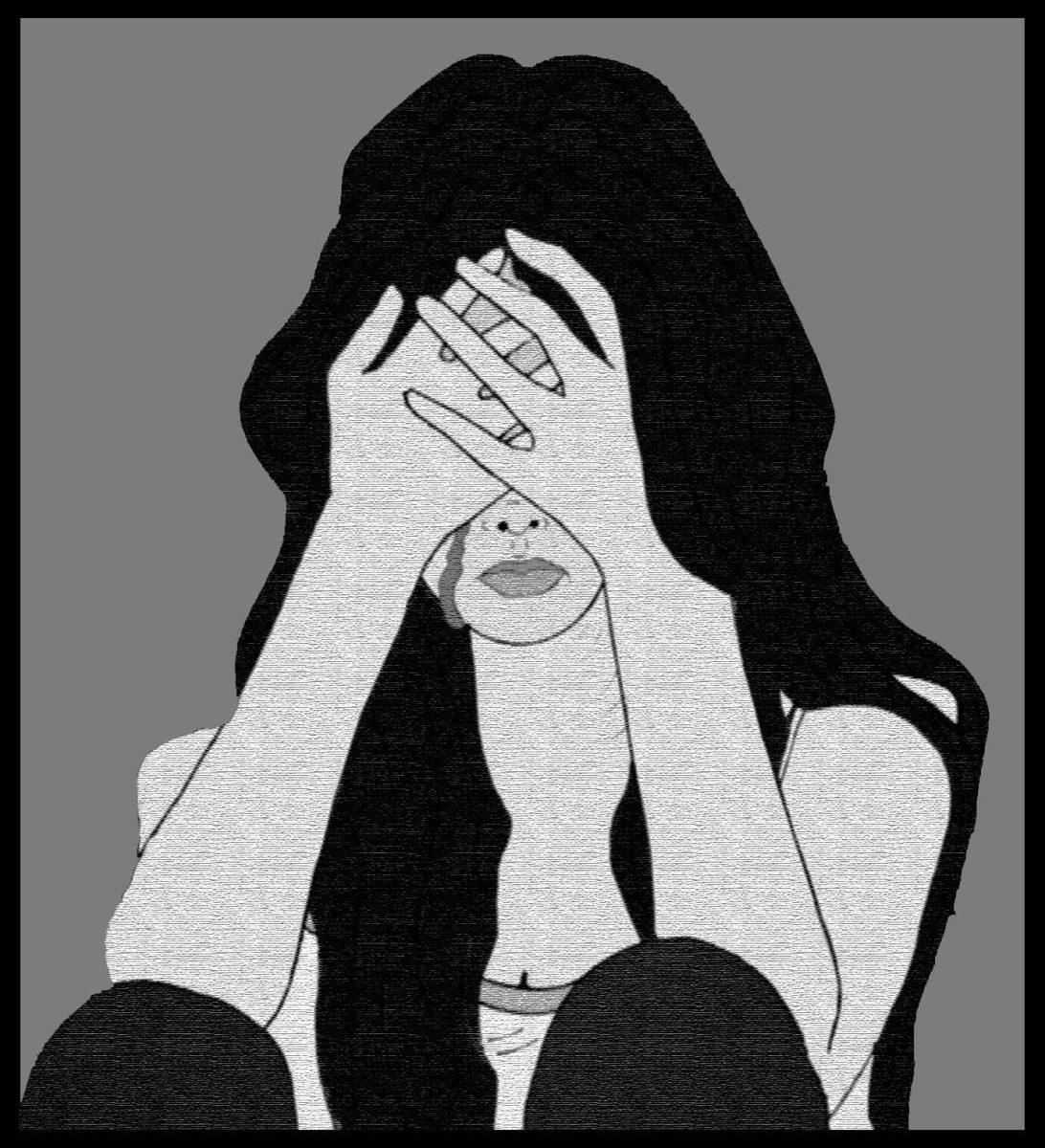When I was 17 years old, I stood on a chair in my childhood home, tied a noose around my neck and stared up at the ceiling in my bedroom, preparing to hang myself as tears streamed down my face.
I felt worthless, alone and cornered by an environment begging my escape.
I can’t remember whether it was God or some miniscule shimmer of hope that convinced me to come down from the chair.
I kept my anguish to myself for months, scared to tell my friends, family and even my therapist out of fear he would tell my parents.
Keeping everything bottled up inside, I hid my depression from most of my friends and my entire family minus my mother and father. No one but a handful of people knew I saw a therapist until now.
There was a social stigma about therapy and depression that made me feel ashamed. To the world, I knew I would look broken and weak.
In the meantime, a fake smile and laugh held off suspicions something was wrong. Time spent alone was a dagger penetrating my mind. I could fill my days up with activities and time with friends to coax away the firm grip depression and anxiety had on my life, but alone, stuck within the confines of my mind, I felt unhappy, unloved and inadequate.
I went to a therapist for almost a year and a half before slowly waning sessions down to a complete stop. Four years later, when small episodes of depression and anxiety began to pop up again, I once again remained hesitant to tell my parents and friends.
It took months before I told my best friend. Thankfully, he convinced me to tell my parents and go back to see my doctor last spring. After all the pain from keeping my feelings to myself four years ago, I still was scared to let anyone catch on to my feelings.
I still had the delusion that the sadness would fade and I could fix my issues on my own.
There are others who possess the same societal fears I had and to some extent still have. We live in a culture that breeds stereotypes detrimental to millions of lives.
According to the National Alliance on Mental Illness, 44 million American adults experience a mental illness in a given year. Sixty percent of them do not get help, and 90 percent of those who die by suicide have an underlying mental illness.
Patrick W. Corrigan and Amy C. Watson explain in the article, “Understanding the impact of stigma on people with mental illness,” the crippling effects public and self-stigma have on mental illness.
Corrigan and Watson found in their 2002 study that the public views men and women with mental illnesses as dangerous, childlike or weak in character, echoing views purported by the media and pop culture. Given societal misconceptions, people internalize the fear that if they share their problems, the world will turn its back on them.
Thirteen years after the 2002 study, these societal stigmas and internalization of these stereotypes remain. The media, film and music industries slightly increased awareness in mental health with movies such as “Silver Linings Playbook”, “The Perks of Being a Wallflower” and songs such as Matchbox Twenty’s “Unwell,” but not nearly enough to overpower existing public misconceptions.
I hope those who are scared to seek help realize social tides can change. If more people open up and fight to raise awareness, we can save countless lives.
Now, I’m anxious of what the future may bring, scared to death I’ll lose the people I love when I move on from college and obsessively saddened by the prospect of change.
But I refused to let my insecurities rule my life.
I refuse to let my mind throw me into depressive episodes that control my life. I refuse to buy the stereotypes about mental illness that kept me in the dark, alone and afraid for so long.
Speak up — look out for your friends and family, and let them know you don’t stand by the stereotypes of mental illness. Let them know you are willing to help them get better because while darkness shadows your days now—the sun will rise again.
Justin DiCharia is a 21-year-old mass communication senior from Slidell, Louisiana. You can reach him on Twitter @JDiCharia.
Opinion: The stigma of mental illness needs to go
October 20, 2015
Mental Illness
More to Discover








